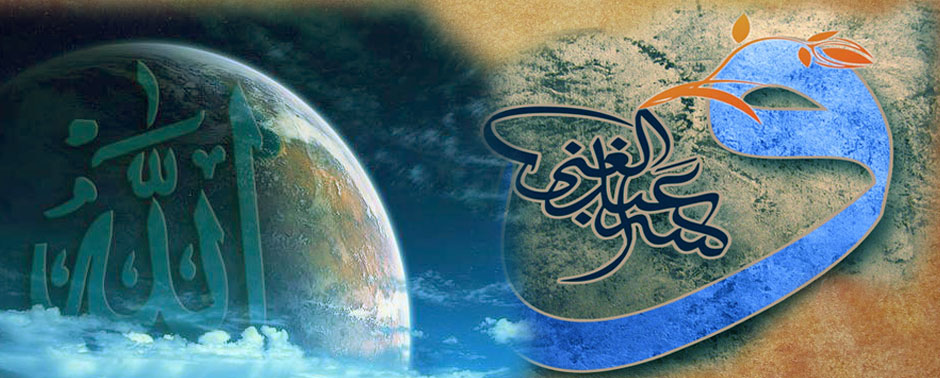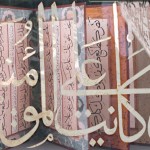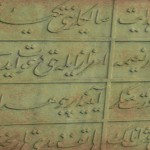Unhallow deaths : Graves, graveyards and non-existence of mortuary celebrations in Islam.
Western level of thinking usually fails to comprehend the beauty in the simplicity of Islamic aqeedah’s approach to burials, graveyards and visiting etiquettes of graveyards. We believe the roots of such deficiency lies in the fact of incomplete and insincere belief in “life-after-life”.
Afterall, if someone believes life on earth is just a passage-way, what’s the point of sanctifying death?
A Muslim corpse is washed away and tucked in white sheets in the grave after being carried in a simple casket. The casket goes away, the body is laid to rest in white sheets only. What is so sad is that being buried in white sheets looks so primitive and disrespectful to a western observer.
Can it be because western mentality is used to over-glorified burial ceremonies and expensive caskets and pretentious social gatherings afterwards?
Probably so.
Perception of death is so simple in Islam, as it should be.
Everything about death should be so bare and natural if one believes life after death.
According to a hadith in Muslim Sahih’s and Ibn-i Mace’s Sunen, every Muslim is required to send their greetings to the dead when they visit the graves.
What are the contents of this greeting?
A simple prayer of “Salute to the Muslims! InshaAllah, hopefully, we shall soon join you. I seek forgiveness from Allah for both you and us”
No flowers or candles or any other iconographic unnecessary act of “hidden defense mechanism” to cover the incurable fear of death.
A Muslims shows his “respect” to the dead by keeping quiet during his grave-yard visit and never performs any type “religious ceremony or exercise” inside the graveyard.
A simple, silent prayer is more than enough.
A person who wishes to be buried in an expensive casket has foolishly failed to comprehend the basic fact of death, which is de-composition.
Yes, we de-compose, to earth, to ashes, to dust. We transform in to earth, after coming from earth, in other words, mud, the very basic elemental ingredient of Adam’s(a.s) creation.
If so, why would it matter to have “extra-protection” in an expensive casket? By being buried in simple sheets, the body can unite with the earth very easily. It is going to get mixed into ground anyway, what is the point of vehemently trying to deny it or trying to prolong it?
Within the same mentality, one can easily understand why Islamic scholars have been in accord that building expensive and eye-catching tombs is forbidden in Islam. A simple mark of the grave is more than enough.
The utmost level of wretchedness in failing to comprehend the nature of death is perhaps mummification. No wonder western civilization promotes archaic Egyptian traditions of funerals and burials in crazy fashion and shows unnecessary admiration towards it.
The poor soul tries to fool himself and his “followers and companions” by exalting and glorifying his dead body, tries to comfort his subconscious into thinking that he can over-come the inevitability of death by performing silly tricks of mummifications or similar mortuary conjurations.
In Islamic aqeedah, the focus is on our “interrogation” just after being put into graves: Our gravely life starts there and we must give “correct answers” to the two angels, Munqer and Naqeer, who are responsible for performing a simple check of “religion test”.
The correct answer is that our god is Allah(j.j) only, our prophet is Muhammad(saw) and our “deen” is Islam only:
Surely the (true) religion with Allah is Islam, and those to whom the Book had been given did not show opposition but after knowledge had come to them, out of envy among themselves; and whoever disbelieves in the communications of Allah then surely Allah is quick in reckoning. (Aal-E-Imran 3/19)
The rest of the “ornaments”, be it social or mortuary, doesn’t matter beyond this point, once you are six feet under.
Baris Tarimcioglu/islamoformation.com








You must be logged in to post a comment Login